
11 Dec, 2025
News
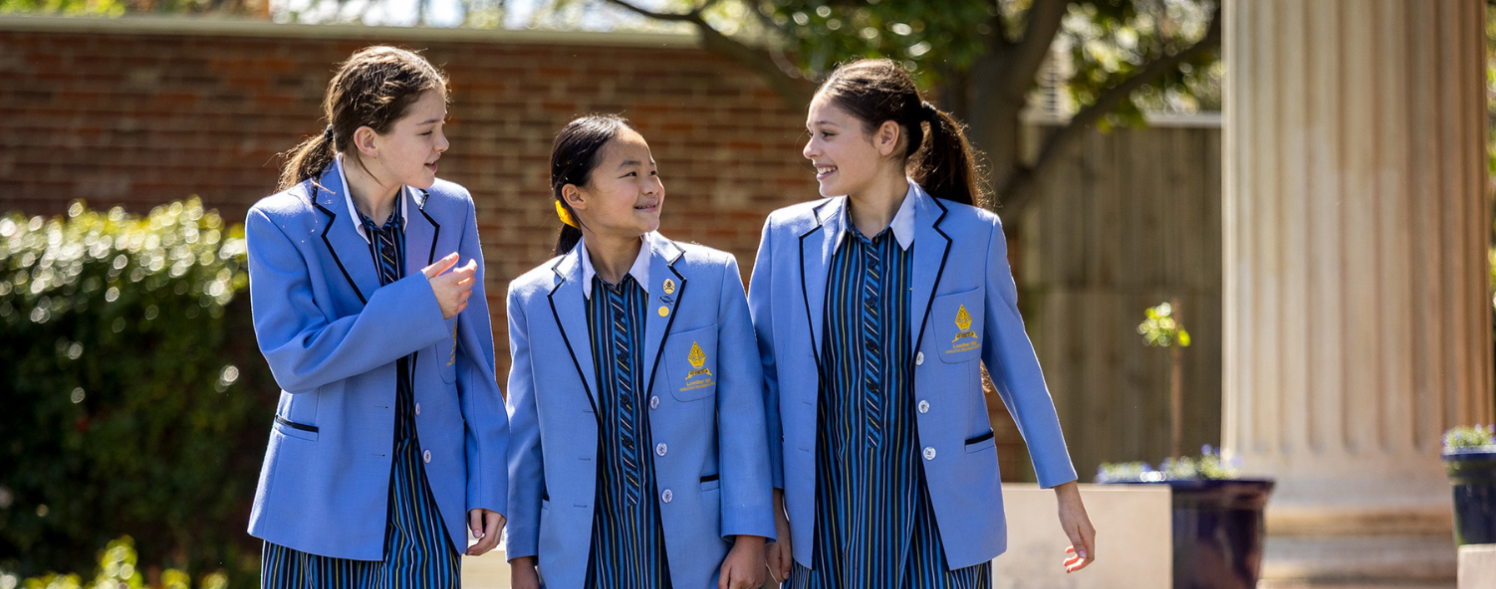
04 Dec, 2025
News
We are delighted to be recognised among Victoria’s Top 20 Independent Schools in the 2025 NAPLAN results.

11 Dec, 2025
News
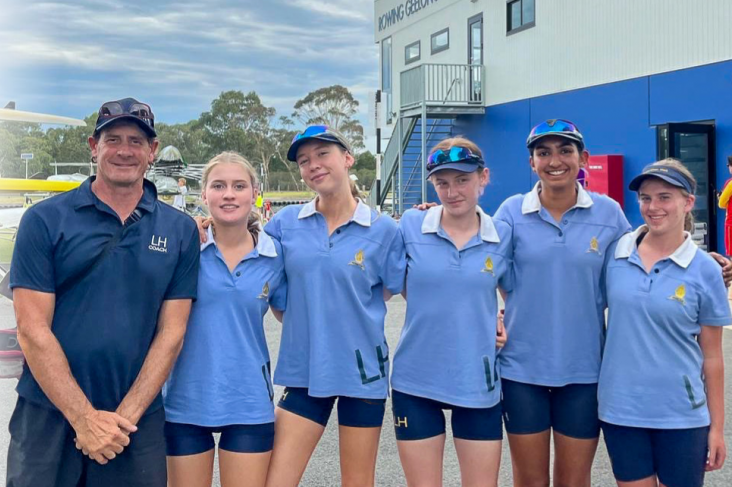
21 Nov, 2025
News
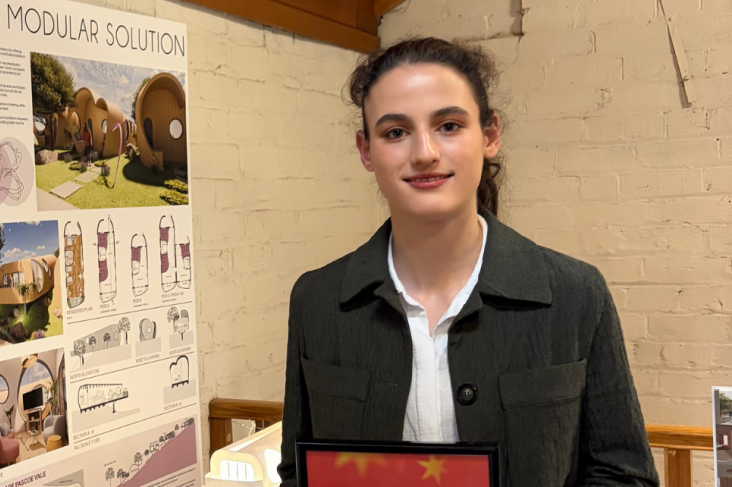
17 Nov, 2025
News
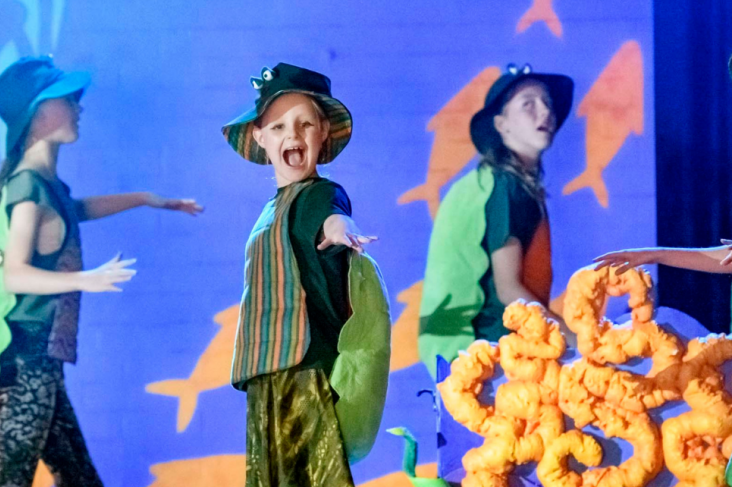
15 Nov, 2025
News
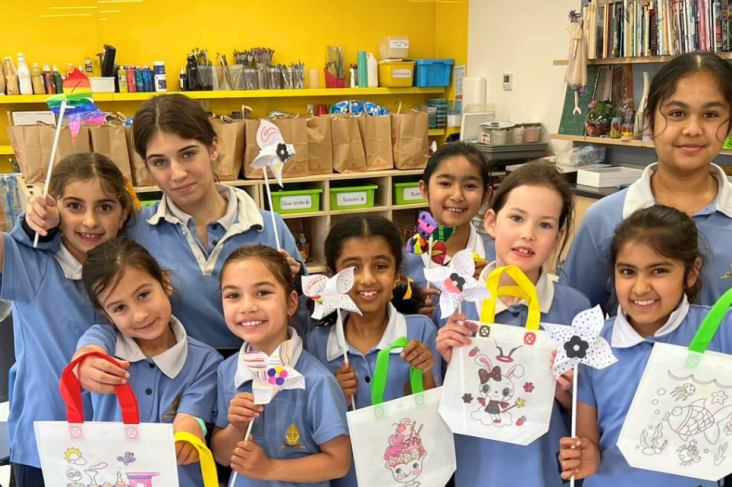
14 Nov, 2025
News
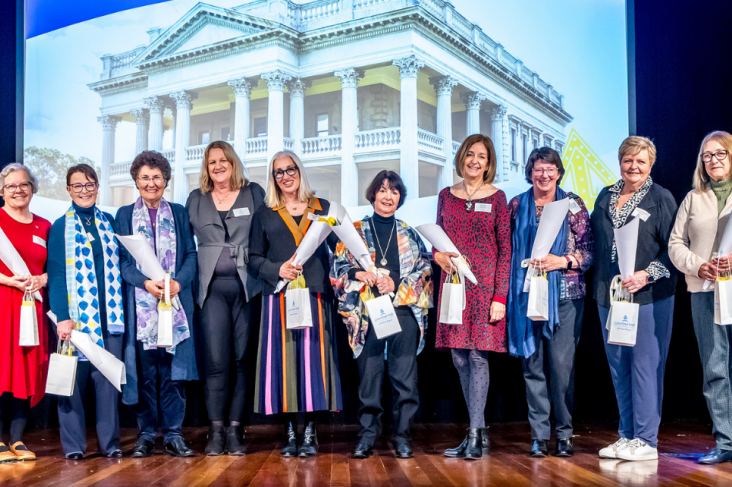
08 Nov, 2025
News
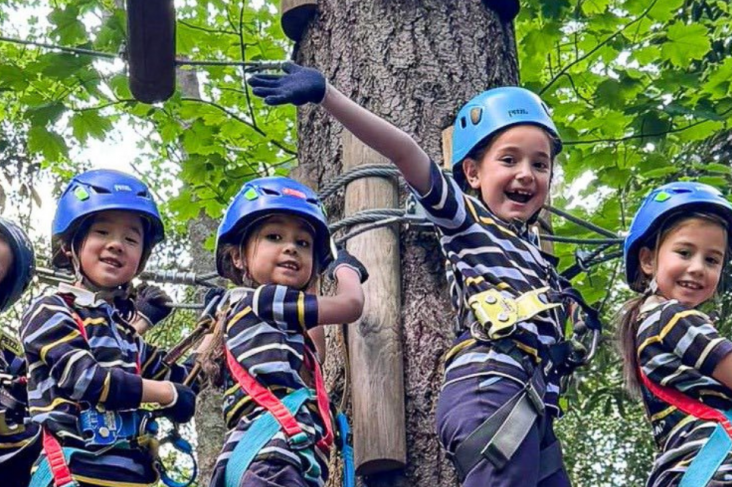
05 Nov, 2025
News

30 Oct, 2025
News
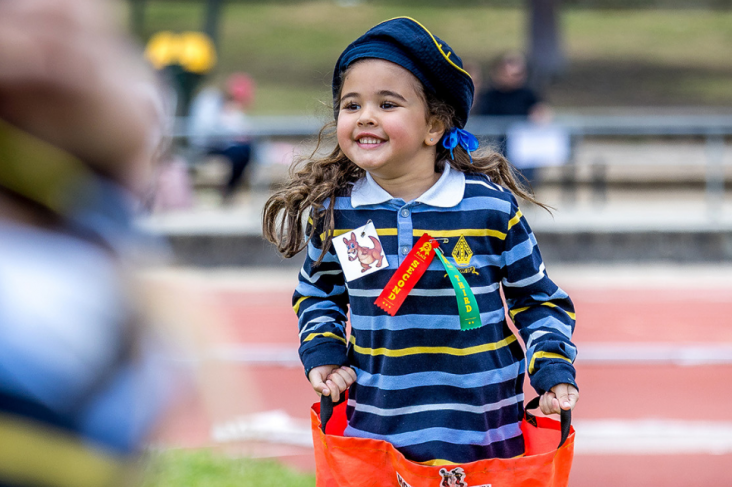
28 Oct, 2025
News
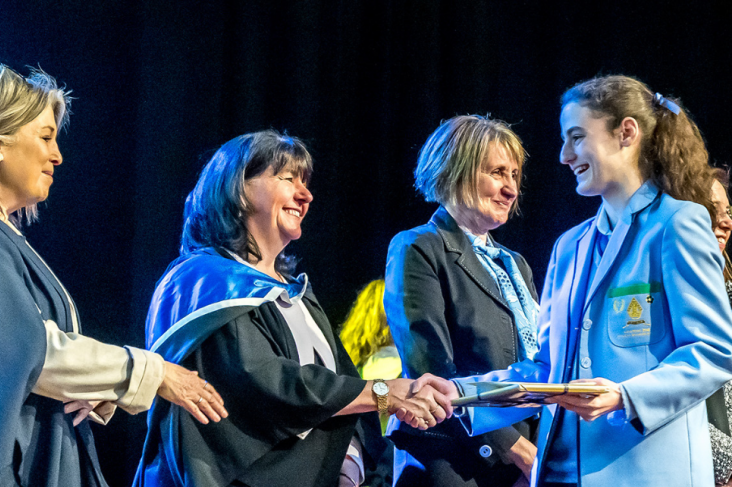
27 Oct, 2025
News
No events at the moment. Please check later.